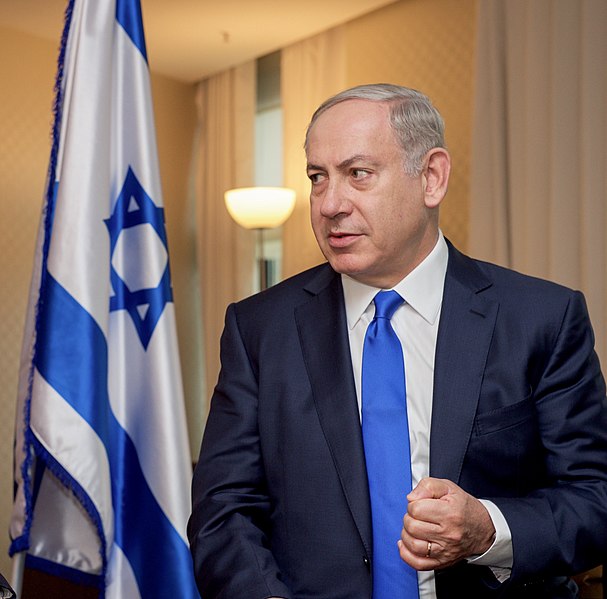
Israeli Prime Minister Benjamin Netanyahu announced that the most intense phase of the military assault on Hamas in Gaza is coming to an end, allowing forces to be
redeployed to the Lebanese border. This move comes as skirmishes with Hezbollah raise concerns of a broader conflict.
In his first public interview with a Hebrew-language network in over eight months, aired on Sunday, Netanyahu appeared to retract his earlier support for a US-backed ceasefire proposal with Hamas, suggesting instead a more limited agreement. However, he reaffirmed his commitment to the proposal later on Monday.
Netanyahu's remarks were made on Israel's right-wing Channel 14 amidst warnings from top US military officials about the risk of Iran being drawn into a broader conflict with Hezbollah, which could threaten US forces in the region.
"We will have the possibility of transferring some of our forces north, and we will do that," Netanyahu stated, amid applause from the studio audience. He expressed hope for a diplomatic resolution but vowed to solve the crisis through other means if necessary. "We can fight on several fronts, and we are prepared to do that," he added.
Netanyahu emphasized the need to continue targeted strikes in Gaza to prevent Hamas from regrouping. He also indicated a willingness to negotiate a partial deal with Hamas to secure the release of some of the approximately 120 hostages still held in Gaza, while maintaining a commitment to continue the war to eliminate Hamas.
Hamas responded by accusing Netanyahu of rejecting the US-backed ceasefire proposal, insisting that any agreement must include a permanent ceasefire and the withdrawal of Israeli forces from Gaza.
The conflict between Israel and Hamas in Gaza, coupled with the escalating tensions with Hezbollah on the Lebanese border, has complicated the situation. Hezbollah has stated that an end to the Gaza conflict is a precondition for halting its attacks, while Israel demands Hezbollah's withdrawal from the border area as mandated by a UN Security Council resolution.
Amid these developments, international officials have issued stark warnings about the danger of the conflict with Hezbollah escalating. Israel's Defense Minister Yoav Gallant, currently in Washington for talks with senior Biden administration officials, emphasized that a halt in Hezbollah's firing would not suffice; the group must withdraw significantly from the border.
The Biden administration, keen to support Gallant, whom they view as a moderate figure in Netanyahu's cabinet, continues to oppose a major offensive on Lebanon, fearing it would destabilize the region. However, US officials acknowledge they have been unable to persuade Israel to hold back on its offensive in Gaza or to significantly increase humanitarian aid to the area.
European foreign policy chief Josep Borrell warned that the conflict could soon expand into Lebanon, and German Foreign Minister Annalena Baerbock expressed deep concern about the situation, announcing plans to visit Lebanon soon.
General Charles Brown, the top US military officer, also highlighted the risk of Iran increasing its support for Hezbollah, further escalating the conflict.
Netanyahu's recent comments contrast sharply with the details of the ceasefire deal outlined by President Joe Biden. These remarks may strain Israel's relationship with the US, which has been pushing for the ceasefire proposal. The plan aims to release the remaining hostages in exchange for hundreds of Palestinian prisoners held by Israel, but disputes and mistrust between Israel and Hamas persist.
Hamas has insisted on a permanent ceasefire and a full withdrawal of Israeli forces from Gaza as conditions for releasing the remaining hostages. The families of the hostages have grown increasingly frustrated with Netanyahu, accusing him of political maneuvering and neglecting his duty to secure their release.
"This is an abandonment of the 120 hostages and a violation of the state’s moral duty toward its citizens," a group representing the families stated, holding Netanyahu accountable for bringing back all the captives. Photo by U.S. Department of State from United States, Wikimedia commons.






































